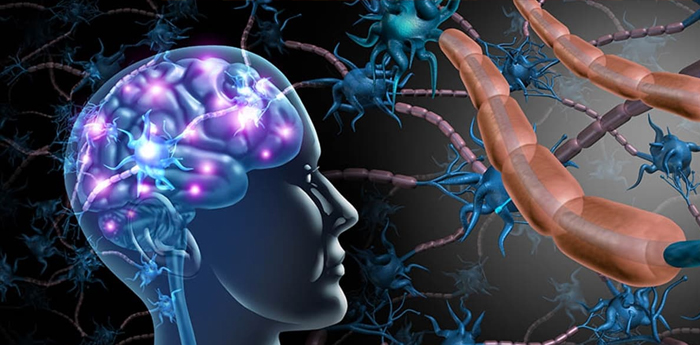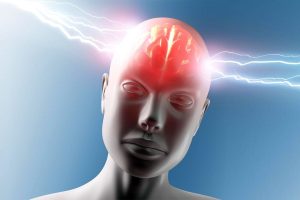How do we know if our migraine disease has turned into chronic migraine?

How do we know if our migraine disease has turned into chronic migraine?
Migraine is a condition characterized by recurrent headaches and various neurological symptoms. Chronic migraine is observed in individuals who experience headaches on 15 or more days per month, with at least eight of those days featuring migraine characteristics. The chronicity of migraine can significantly reduce patients’ quality of life. Therefore, it is crucial to manage your migraine carefully and understand whether it has transitioned into a chronic form. In this context, the opinions and recommendations of Dr. Mustafa Zafer Demirtaş, one of Alanya’s renowned neurology specialists, provide valuable information for people with migraine.
Symptoms of Migraine Becoming Chronic
Symptoms indicating the chronicity of migraine include:
- Frequent Headaches: Experiencing headaches on 15 or more days per month, especially if the pains are migraine-type, suggests chronicity.
- Intensity and Duration of Pain: Strong and long-lasting pain may indicate more than just typical migraine attacks.
- Decreased Response to Medications: A diminishing or short-lived response to standard migraine medications.
- Impact on Daily Life: The frequency and intensity of migraine attacks interfere with work, school, or social activities.
- Additional Symptoms: An increase in other migraine-associated symptoms such as dizziness, nausea, vomiting, sensitivity to light and noise.
Managing Chronic Migraine
Dr. Mustafa Zafer Demirtaş and other neurology specialists recommend a holistic approach to managing chronic migraine, which can include medication treatment, lifestyle changes, and in some cases, alternative treatment methods.
Medication Treatment
- Preventive Treatment: Specific medications for chronic migraine can help reduce the frequency and intensity of attacks.
- Acute Treatment: Medications taken at the onset of pain can help alleviate symptoms.
Lifestyle Changes
- Regular Sleep: Adequate and regular sleep is important for preventing migraine attacks.
- Healthy Diet: Regular and balanced eating includes avoiding migraine triggers.
- Stress Management: Stress reduction techniques such as yoga, meditation, and physical exercises can be effective in controlling migraines.
Alternative Treatment Methods
- Acupuncture: For some patients, acupuncture can help relieve migraine symptoms.
- Biofeedback: Learning to control body functions can be beneficial for some migraine patients.
- Botox Application: Botox application can be applied to help reduce and eliminate migraine pain.
- Migraine Vaccine: Migraine vaccines contribute greatly to eliminating pain.
Conclusion
Chronic migraine can significantly affect the quality of life. Under the guidance of experienced neurology specialists like Dr. Mustafa Zafer Demirtaş, it is possible to overcome this condition with appropriate treatment and management strategies. If you believe your migraine is not being adequately controlled, consulting a healthcare professional may be the best first step.







